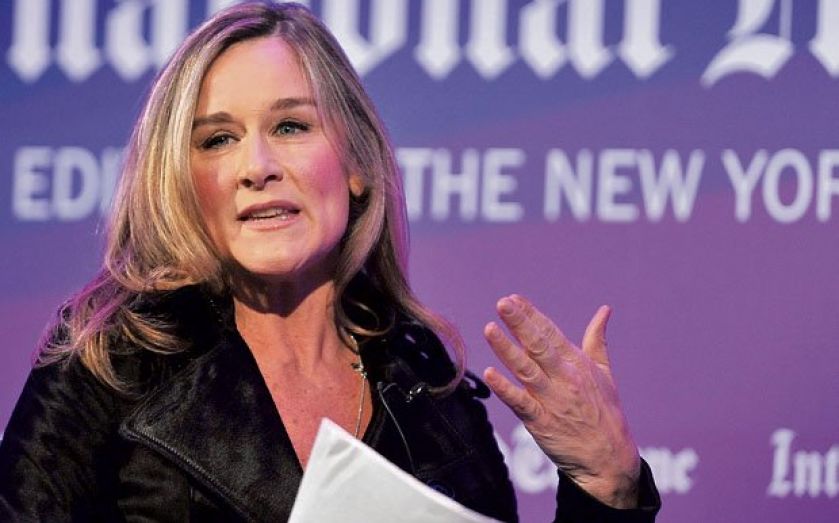| Updated:
The skills you’ll need at every leadership level

Most of us intend to climb the career ladder, and there’s no shortage of advice about the skills you need to succeed as a leader. But which ones matter most, and how can you ensure you keep improving them?
Jack Zenger and Joseph Folkman, chief executive and president of development consultancy Zenger/Folkman, surveyed over 300,000 leaders at different levels, asking them which skills they thought have had the greatest impact on their success. Even taking into account the difference between roles, there was striking consistency. Writing for Harvard Business Review earlier this year, they explained their findings.
OBVIOUS WINNERS
The top three competencies for leaders were as follows: “inspires and motivates others”, “displays high integrity and honesty”, and “solves problems”. Coming in a close fourth and fifth were “drives for results” and “communicates powerfully”.
How important these skills were did shift depending on role. For middle managers, for instance, problem solving is seen as salient. And it’s only when you’re a top executive that the need for a “strategic perspective” comes into the mix. Zenger and Folkman say there is “some logic to focusing on distinct competencies at different stages of development.” But there are some skills that remain vital at every level – even for mid management, for example, being an inspiration to your staff was consistently seen as crucial.
DIFFERENT STROKES
The pair showed that inspiration takes some beating as an admired talent. But what does it mean? Leadership coach Kathy Caprino has said that being inspirational comes down to three things: showing determination in adversity, being very focused on other people and being a superb raconteur.
But not all great leaders are necessarily known for doing all three. Rather, they are known for their strength in a particular area. To take an example: Angela Ahrendts, former chief executive of Burberry and now head of Apple’s retail business, is said to be particularly good at singing her team’s praises, using humility to lead by example. She frequently attributed much of Burberry’s success to Christopher Bailey, her chief creative officer, who went on to take over from her.
MIND OVER MATTER
Crucially, Zenger and Folkman conclude that actually waiting until you’re in a leadership role before developing a certain skill or quality – whether its being inspirational, strategic, or being able to solve problems – will mean it’s too late. Further, what often sets apart leaders is their ability to recognise and work on their strengths, and not just to try and improve on their weaknesses. The ability to hone your best skills can make you indispensable. And to move forward faster, the pair recommend picking a strength and then a complementary skill to focus on alongside it. They call this the interaction effect – both skills improve more quickly because they play off one another.
Ever wanted to collate your favourite news sources and websites in one place? Feedly aggregates all your favourite sites, so you don’t have to spend time hopping from one to another. Running on iOS, Android and also available as a cloud-based service, you can customise your own web experience, and share favourites. You need to log in to use the software, but once you’ve done that, you can choose the sites you want and download the app.